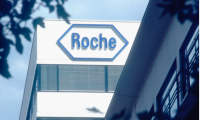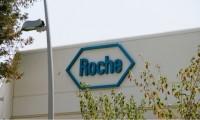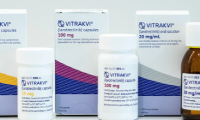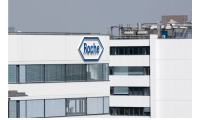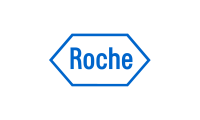-
Roche’s fenebrutinib shows promise in relapsing forms of MS
- Source: drugdu
- 115
- May 19, 2023
-
reports
- Source: drugdu
- 127
- May 15, 2023
-
Roche’s Genentech opens up the world with new ad for Vabysmo
- Source: drugdu
- 137
- May 1, 2023
-
Roche Holding AG Receives FDA Approval for New Cancer Treatment
- Source: drugdu
- 145
- March 24, 2023
-
Roche teams up with Lilly to validate Alzheimer’s blood test
- Source: drugdu
- 142
- March 22, 2023
-
Roche’s faricimab hits primary endpoint in wet AMD studies
- Source: drugdu
- 279
- January 31, 2021
-
Roche to pay Sarepta $1B upfront for DMD gene therapy rights
- Source: drugdu
- 265
- December 24, 2019
-
Nonprofit Report Discloses Worst Patent ‘Offenders’; AbbVie, Roche and Pfizer
- Source: FiercePharma
- 609
- August 8, 2018
-
First-line use of Roche’s Tecentriq given priority review
- Source: pharmatimes
- 628
- May 9, 2018
-
Flatiron Health, acquired By Roche, Signs Three-Year Deal with Bristol-Myers
- Source: drugdu
- 668
- May 4, 2018
your submission has already been received.
OK
Subscribe
Please enter a valid Email address!
Submit
The most relevant industry news & insight will be sent to you every two weeks.

